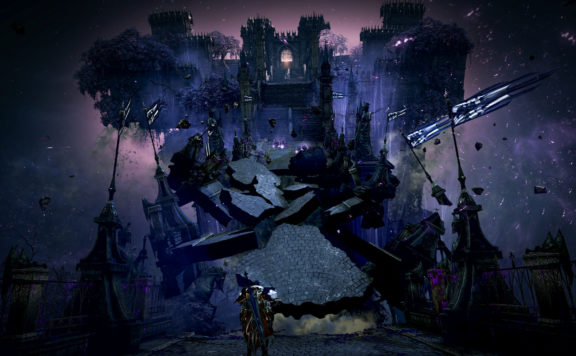From the hardware limitations to designing immersive experiences, VR gaming industry still has many challenges to overcome. In this article, we’ll explore the challenges of the VR gaming industry and the opportunities it presents. Discover how developers are pushing the boundaries of VR technology and what the industry’s future holds.
Hardware Limitations
You’re likely aware of the hardware limitations of VR headsets, such as weight, discomfort, and lower-resolution displays. These limitations can be a challenge for game developers, as they must design for a new medium while considering the player’s experience and potential ways of interaction.
VR technology is still relatively expensive, hindering its mainstream adoption and limiting revenue generation for game developers. Designers must optimize performance and consider hardware constraints to ensure smooth gameplay and reduce motion sickness. Smart rendering techniques and efficient asset management can maximize performance and help maintain visual fidelity in VR games.
Designing for a New Medium
Designing for VR requires critical thought and creativity to create meaningful and engaging experiences that are both interesting and accessible. Developers must consider the unique capabilities of VR, such as hand-tracking and haptic feedback. Intuitive controls, user-friendly interfaces, and diegetic UIs must be integrated into the virtual environment while still maintaining immersion.
Player mobility and level design must be balanced to accommodate varying physical environments without triggering safety concerns. Performance optimization and efficient asset management are also key to ensuring smooth gameplay. When done right, combining these elements can create immersive and emotionally impactful gaming experiences.
Limited Audience and Revenue
Despite its potential for immersive experiences, VR gaming still faces the challenge of limited audience and revenue due to its costly hardware. With relatively expensive VR headsets, mainstream adoption has been hindered, and revenue generation for game developers has been reduced.
This challenge is further compounded by the fact that VR technology is still in its early stages, meaning that game designers need to create new ways of interaction to take advantage of the medium fully.

To solve this issue, the VR gaming industry needs increased investment to make the technology more affordable and new business models to generate revenue for developers. However, it is good that online magazines such as VR Today Magazine are producing engaging content, driving attention and increasing interest in the sector.
Immersive Experiences
With VR, designers can craft experiences that weren’t possible before, such as social games where players can interact in virtual spaces, educational or training games, and more. For these experiences to be successful, developers must consider optimizing performance, designing for VR’s unique capabilities, and balancing immersion with user interface elements. Striking this balance can be challenging, but it is essential for creating meaningful and engaging virtual worlds.
New Business Models
Drawing on the potential of VR technology, developers can leverage new business models to generate revenue from hardware sales, subscriptions, and in-game purchases. This creates opportunities for immersive and interactive advertising experiences and the potential for new types of games.
Instead of relying on the traditional pay-to-play model, developers can offer various payment options, such as subscription-based content or in-app purchases.
Additionally, developers can explore new opportunities by creating social games that allow players to interact with each other in a virtual space, as well as educational and training games that offer skills development and real-world scenarios. Such new business models present a great opportunity for developers to explore and capitalize on the potential of VR gaming.
Challenging production schedules
Standard video game creation follows a well-defined, streamlined sequence, including programming, narrative structuring, and evaluation stages. However, this process often requires substantial modification for virtual reality endeavors. VR development incorporates an extra decision-making phase regarding platform selection, as each platform varies greatly in terms of computational capabilities.
It’s also important for developers to allocate time for VR-specific design considerations such as 3D audio implementation, haptic feedback integration, and ensuring that the game’s visual and interactive elements are designed from the ground up for a 3D space. These elements are crucial for creating an immersive VR experience and can significantly impact development timelines.
Potential for New Games
Building on the opportunities for new business models, VR gaming offers the potential to create innovative and engaging games tailored to the medium’s unique capabilities.
- Social games, where players can interact in virtual spaces, are just one example of the types of experiences possible.
- Educational and training games can also help develop skills or simulate real-world scenarios.
- Gesture-based controls and diegetic UIs allow for immersive interactions, while spatial audio enhances user engagement.
In addition, designers must consider physical limitations for players, such as space and comfort. Balancing these elements is essential for creating meaningful VR experiences.
Conclusion
The VR gaming industry is full of challenges, from hardware limitations to limited audiences and revenue. However, developers are continually pushing the boundaries of VR technology and creating new business models to help the industry grow.
With the potential for new and immersive games, the industry is only just beginning to explore the possibilities of virtual reality. With the right focus and innovation, the VR gaming industry looks bright for the future.







